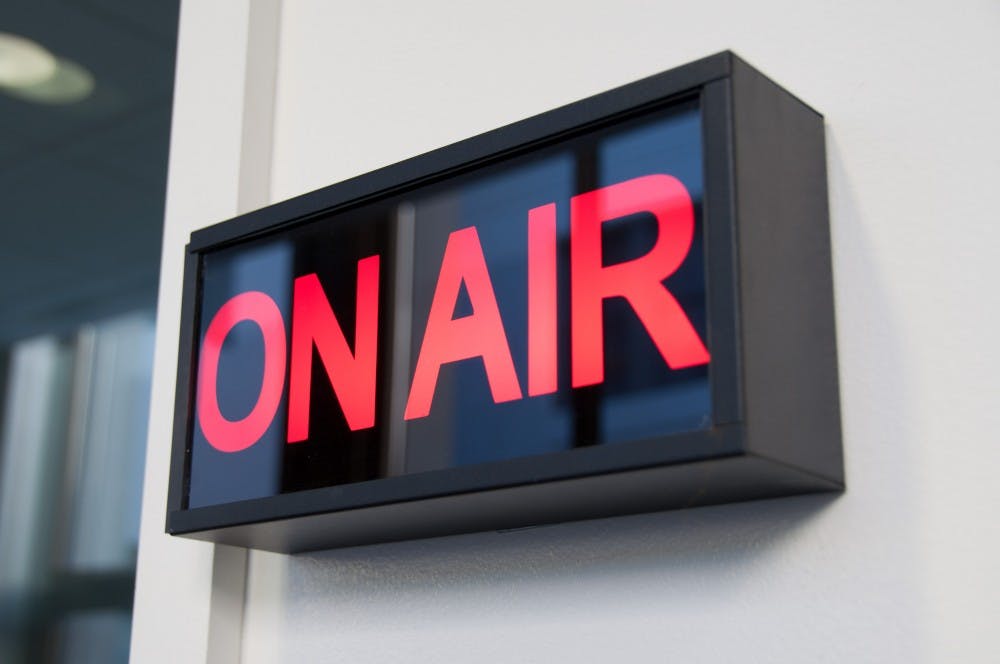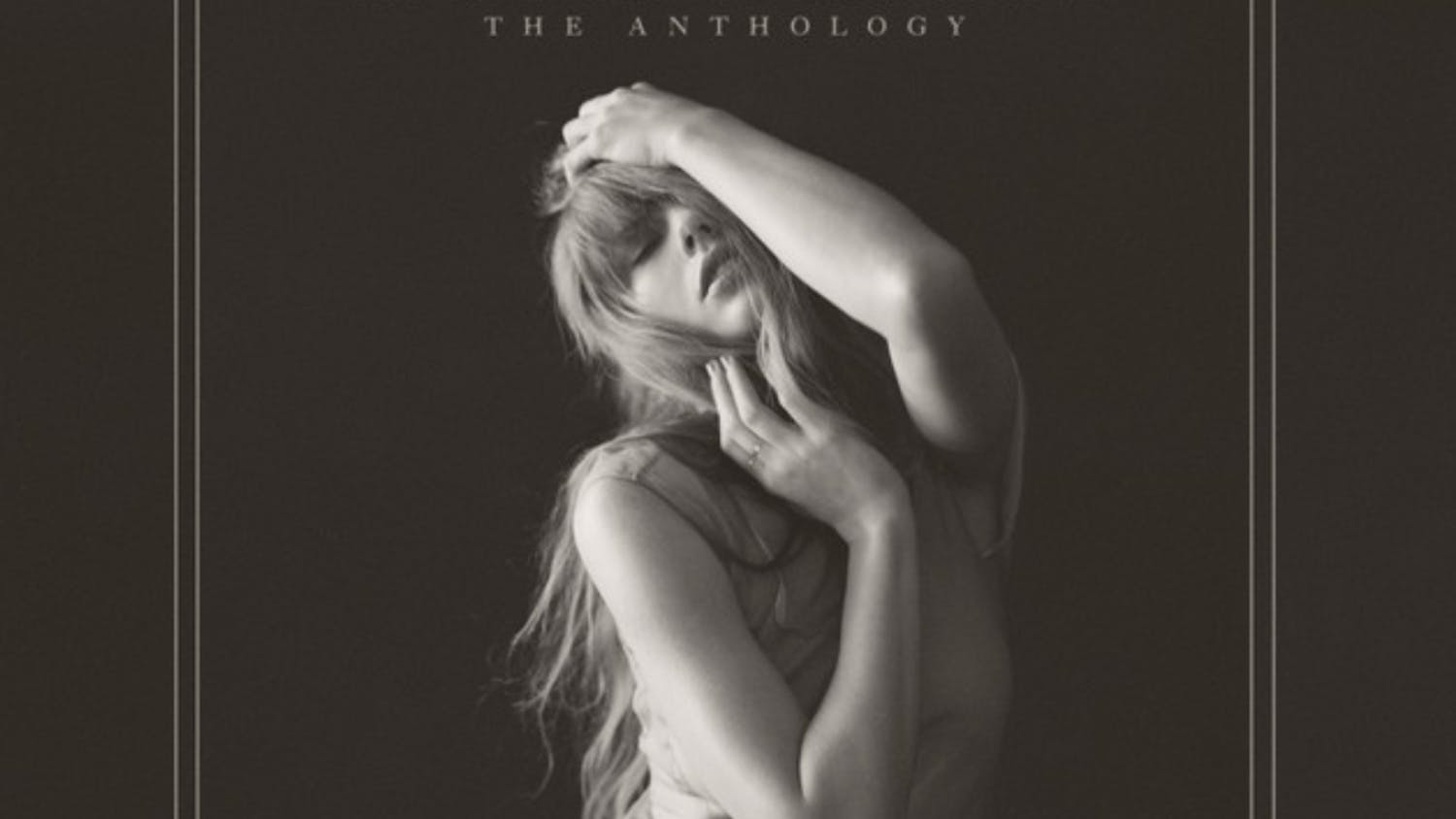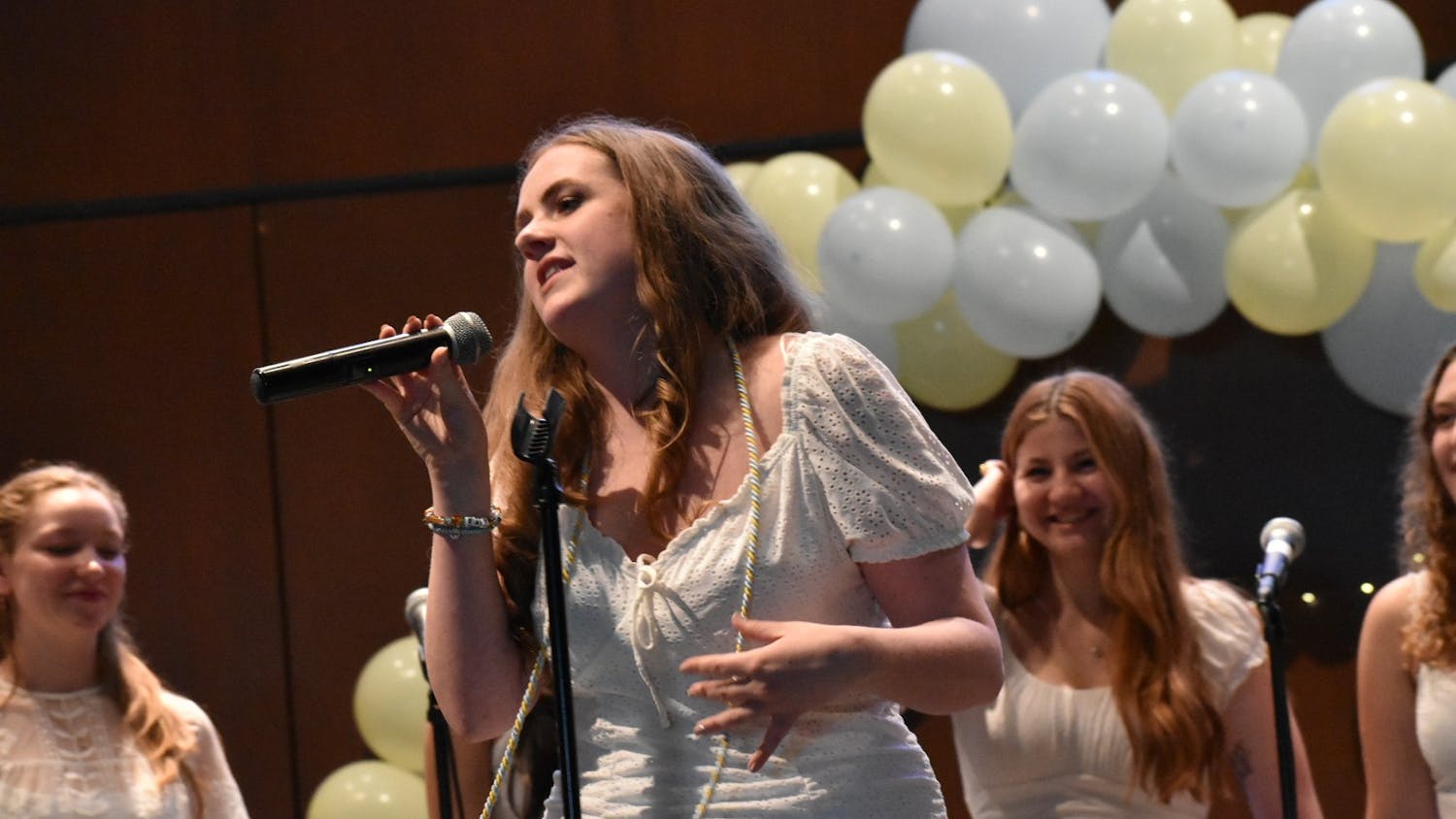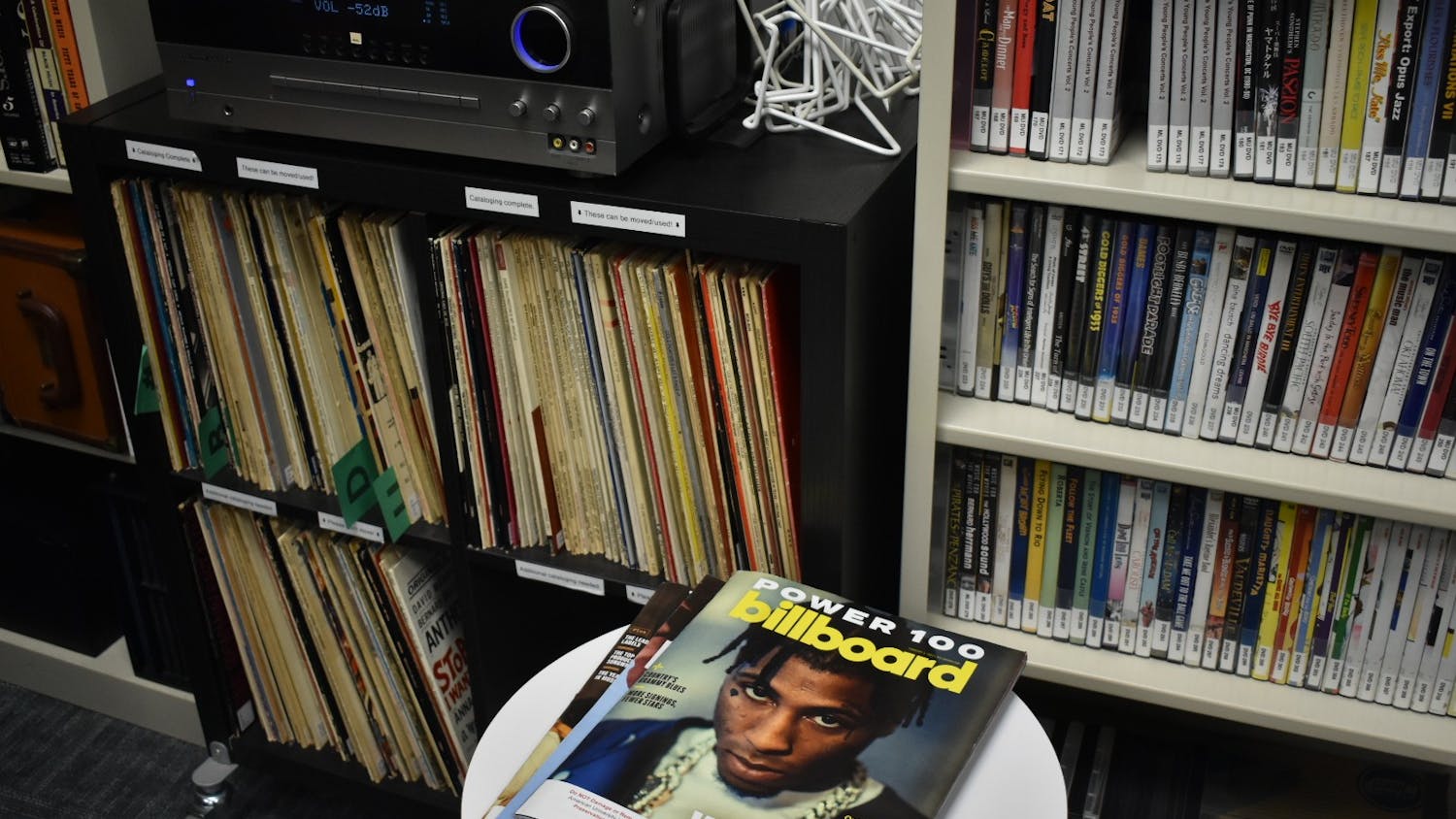WVAU is slated to launch the latest development for the campus radio station: a ‘zine’ focused on supplementing album and concert reviews published online.
A zine is similar to a magazine, but smaller, with fewer ads, and is run independently.
WVAU’s current goal is to release two zines this semester with the first coming at the end of March. Once they adapt to the routine and deadlines, the radio station plans to release three zines every semester beginning next fall. This cycle of publication will fall in the range of other student-run magazines like American Way of Life and the American Word.
The zine’s target audience will consist of AU students and will be distributed on AU’s campus.
Elijah Fosl, a sophomore in the School of Communication, came up with the idea for the music zine. He sought a way to get more people involved with WVAU through having the station promote “more innovative and forward-thinking design projects.”
“A lot of writers for our website do music reviews and put a lot of work into their writing,” Fosl said. “I thought that [the zine] would be a really cool way to get people to read those reviews as well as an approach to spread our brand across campus: to have something handheld that you [can] pick up along with AWOL or AmLit.”
In creating the zine’s format, Fosl takes inspiration from do-it-yourself music magazines in his hometown in Louisville, Ky. He is also influenced by some of the bigger names in music journalism like Spin and Paste.
“As for content, we’re going to try to get something from all of the departments in WVAU,” says Fosl.
That includes album reviews and feature articles on various artists and genres. The zine will also display relevant information about WVAU such as when shows are, how to listen and how students can get involved. Specific shows will also be highlighted in the zine to give better context on what people will hear when tuning into WVAU.
The zine has “little to no funding,” according to Fosl.
“We have a small budget from the promotional staff for printing the zine, but we aren’t paid,” Fosl said. “We take content that’s already being generated by volunteers who work for the organization and we put that together.”
The process of printing the zine is not yet finalized, but WVAU may use printers in the School of Communication for cheaper printing costs, according to Fosl.
“Right now, it’s too soon to tell how much we’ll spend,” Fosl said.
Though WVAU staff members refer to the publication as a zine, Fosl admits it is still in its formative stages. He explains that “it might take the form of a pamphlet, or maybe of a small magazine.”
As for WVAU’s plans of expansion in the future, Fosl hopes for the station to “start getting [its] name out more, produce more material and have more students at AU, and students and people all over the country as well as internationally, listen to [the] radio station.”





